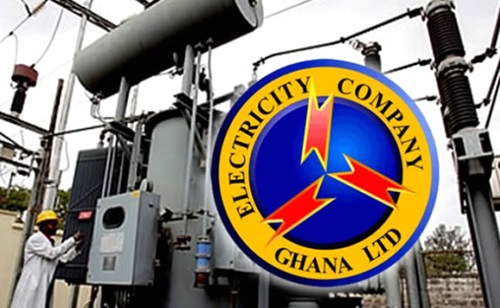Mismanagement of economy part of ECG’s woes – Yao Graham
Dr. Yao Graham, Coordinator of Third World Network-Africa, has linked the challenges facing the Electricity Company of Ghana (ECG) to broader mismanagement of the Ghanaian economy.
His remarks come in response to President John Dramani Mahama’s commitment to privatizing power distribution in Ghana, aimed at improving efficiency in the energy sector.
Speaking on Channel One TV’s The Big Issue with Selorm Adonoo, Dr. Graham highlighted the mismatch between electricity tariffs and the declining value of the Ghanaian cedi, which has significantly impacted ECG’s operations.
He explained that ECG collects revenue in cedi but must pay Independent Power Producers (IPPs) in dollars, creating a financial strain on the company.
Dr Graham also criticized the contracts signed with IPPs, arguing that they have been unfavourable to the state and have exacerbated ECG’s challenges.
He emphasized the need to address these systemic issues rather than resorting to privatization.
“In recent times, the terms of agreements with IPPs have also become a factor in ECG’s problems. In addition to that, with the collapse of the exchange rate, ECG pays the IPPs from its revenue, revenues are collected in cedis and then paid in dollars.
“Tariffs have not kept pace with the collapse of the exchange rate. So, part of the economic problems of the ECG has to do with the mismanagement of the economy and its long-term consequences on the ECG.
“If they used to spend GHC7 on a dollar, they are now sending GHC15, it’s double. We also know that the agreements signed with the IPPs have not been advantageous for this country.”
Furthermore, he attributed ECG’s challenges to the failure of successive governments to settle debts for electricity consumed by public entities.
He questioned how ECG could effectively carry out equipment maintenance and expansion projects when governments consistently neglect their financial obligations.
“The primary reason for the state of ECG is the cumulation of different political decisions and activities. Successive governments and public institutions do not pay ECG what is owed, so public debts over time have eroded ECG’s capacities.
“If the public sector has been paying for electricity consumption over time, a major contributor to ECG’s economic problems will not have gotten there… If the government had been paying ECG, it would have had that income. Because if you don’t have income, you cannot even maintain your equipment, you cannot expand your services and so on.”



